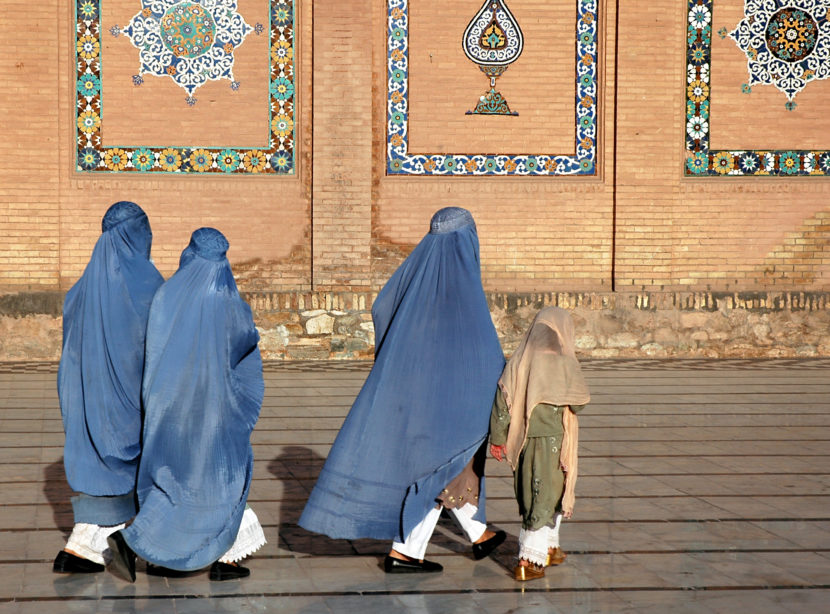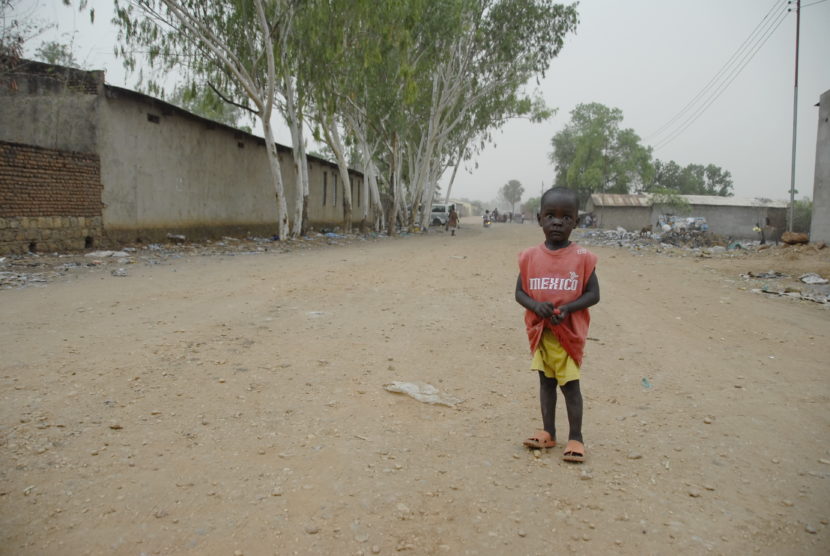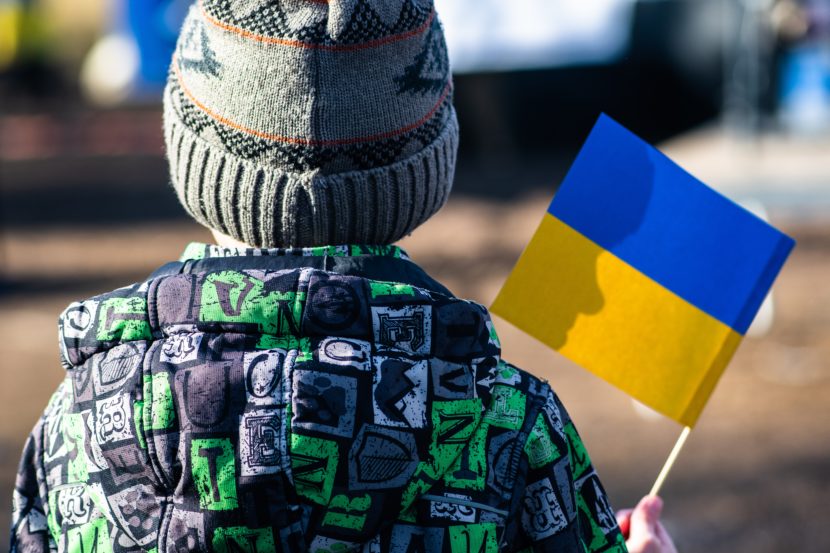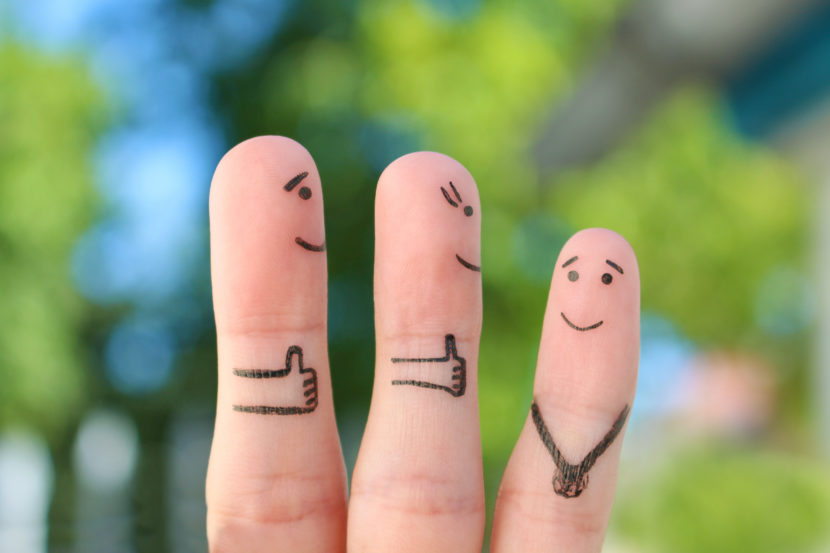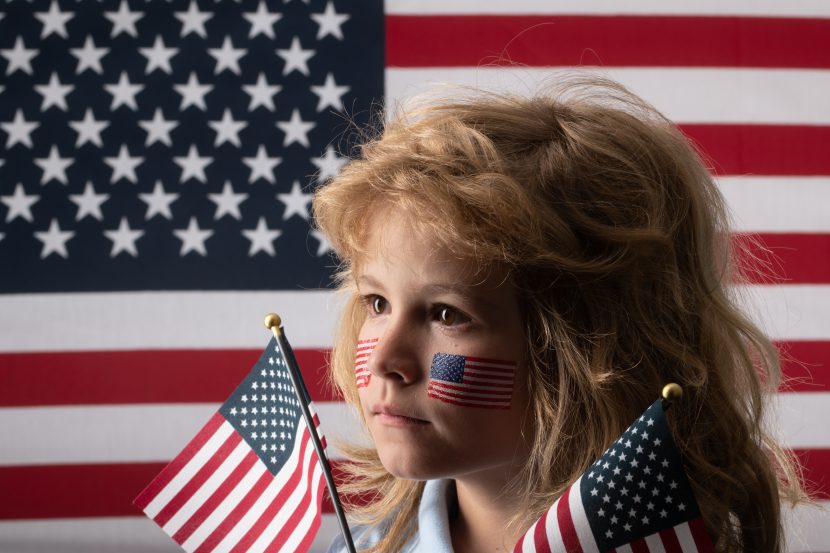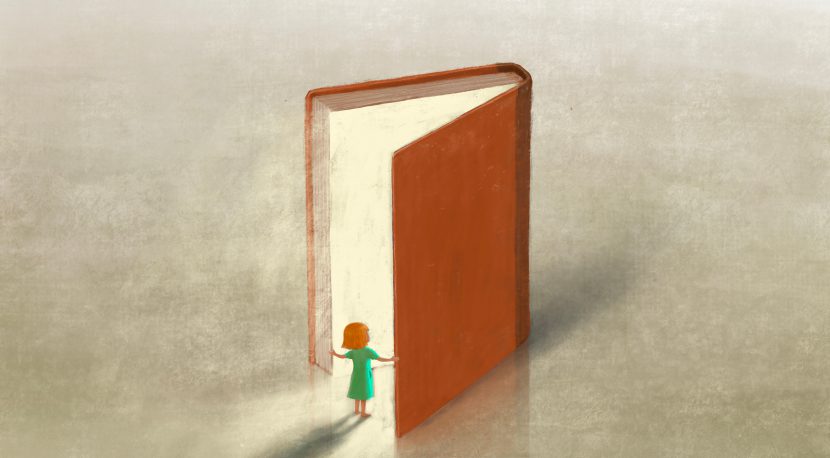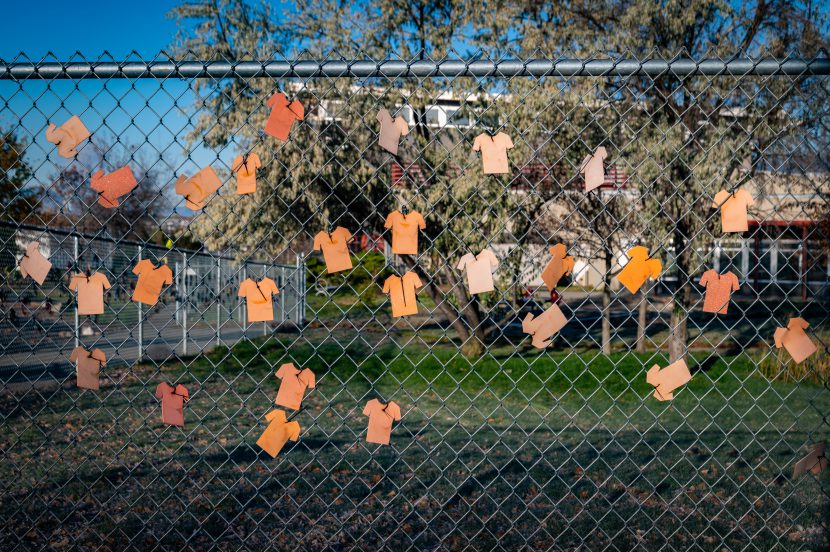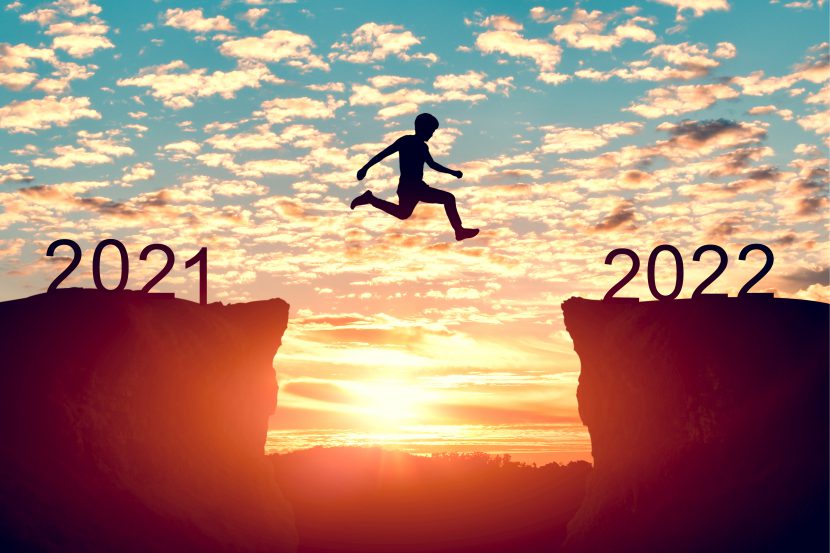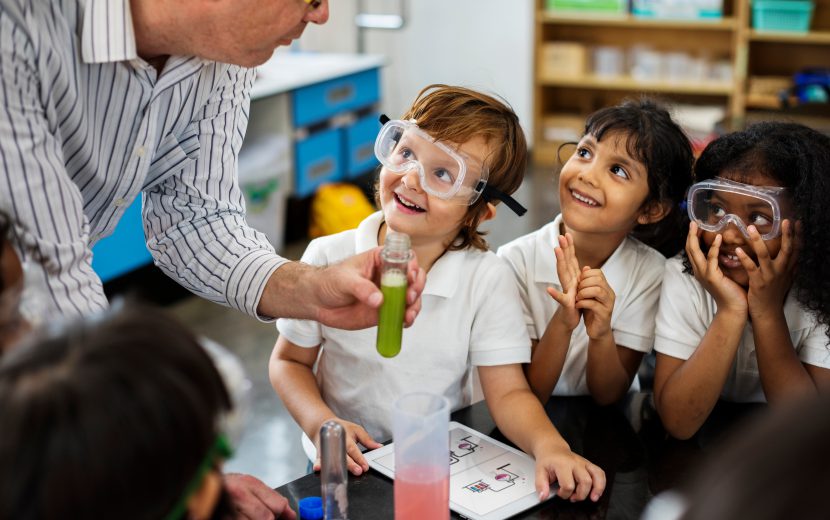Afghan girls’ rights erased: the Taliban takeover aftermath
Afghanistan is a country that boasts a rich culture and magnificent landscapes but that also is the land of people who have endured immense hardship. The Taliban’s return to power in 2021 has brought Afghanistan to the centre of human rights concerns. Economic crisis, poverty, famine, and children’s imperilled livelihoods form part of the takeover […]

